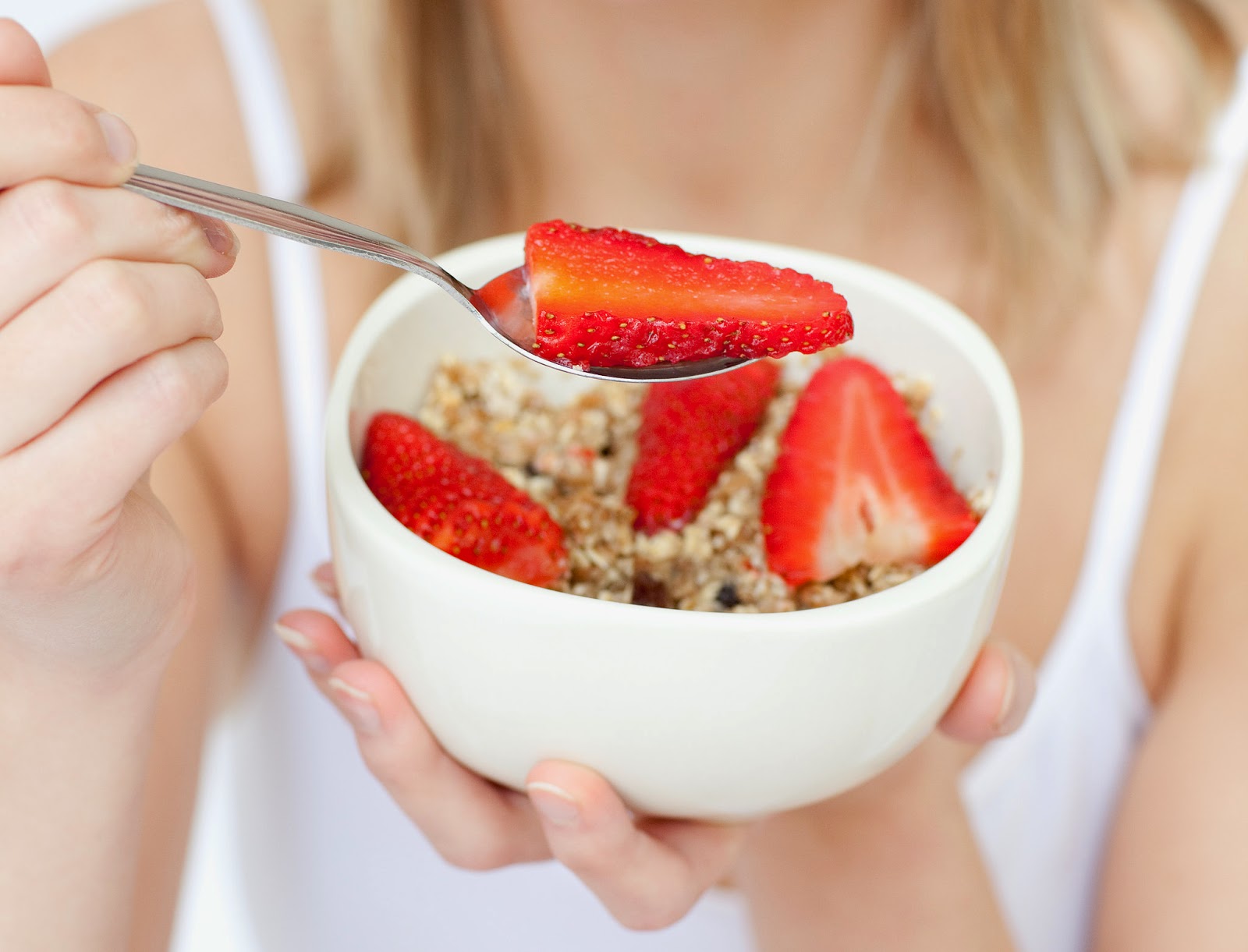Virtually, all fruit is beneficial as part of a healthy diet, but there are some that have higher concentrations of vitamins and nutrients. These “power fruits” are great for improving your health and encouraging healthy weight loss.
Below is a list of the top 5 healthy fruits to eat for weight loss and general health:
Healthy Fruit #1 – Berries
Berries are loaded with vitamin C and fiber, and they are also one of the fruits with the lowest sugar content. They are also low in calories: 1 cup of strawberries has only 50 calories; 1 cup of blueberries has 80 calories; 1 cup of raspberries has 65 calories; and 1 cup of blackberries has only 60 calories. Berries are an excellent snack if you’re craving something sweet.Healthy Fruit #2 – Bananas
Bananas have gotten a bad reputation over the years for being one of the more fattening fruits, but recent studies show that they are actually very beneficial. Not only are they high in potassium and fiber, they contain a special kind of starch called “resistant starch”. Preliminary research shows that this starch can actually help improve your body’s fat burning process and suppress your appetite. One medium banana has just over 100 calories.Healthy Fruit #3 – Mangoes
One medium mango has only 130 calories, more than 3 grams of dietary fiber, and substantial amounts of vitamin C, vitamin A, and even a little bit of calcium. Mangoes contain more sugar than some of the other fruits listed here, so eat them in moderation.Healthy Fruit #4 – Apples
The old adage goes, “An apple a day keeps the doctor away” – and with good reason! Apples are definitely one of the healthiest fruits you can eat. A medium apple has less than 100 calories, more than 4 grams of fiber, and a good dose of vitamin C.Healthy Fruit #5 – Grapes
One cup of grapes has just over 100 calories. They are rich in vitamin C, but they have only a modest amount of fiber. If you have a choice between green grapes and red grapes, go for the red! Red grapes have more antioxidants and a bigger nutritional punch than green grapes.There are many other healthy fruits to eat beyond the five we have shared with you here, but these are a great start if you want to improve your health and drop a few pounds.












